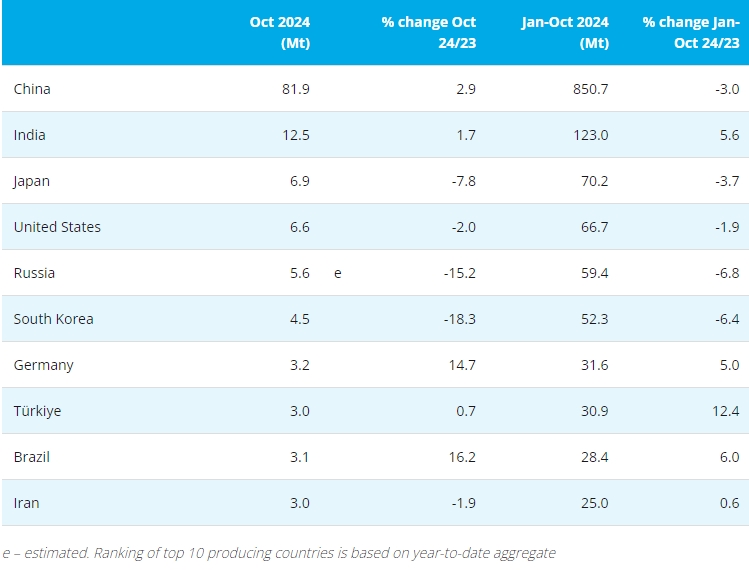Solar companies in Arizona are dismayed that Gov. Doug Ducey has signed a bill that will allow utilities such as Arizona Public Service Co. to make homeowners wait as long as two months before they can install solar panels.
Many solar customers already are frustrated by APS' massive backlog of solar systems that have yet to be approved to send power to the grid; however, the utility argues this will help deal with what's causing the waits.
Senate Bill 1417 prohibits solar companies from installing solar panels until the homeowner’s utility has approved an application to connect to the grid, unless the utility takes longer than 60 days. It also requires a variety of financial details in solar contracts.
"When it comes to adjustments to consumers' homes, more information and disclosure is valuable," read a statement from Ducey's office after the governor signed the legislation in late March. "This bill, passed with broad bipartisan support, allows for that in a reasonable way.”
An APS official said legislation was needed because solar installers are flooding the utility with deficient applications, creating extra work for the company and slowing the installation process for other customers.
“This legislation will be very helpful,” said Marc Romito, APS renewable-energy program manager. “It will be an important step in the right direction.”
But solar installers argued that they already are heavily regulated and that the new legislation was unnecessary.
“Our position throughout the legislative session was that it was inconsistent with the governor’s moratorium on new regulations,” said Kim Sanders, director of public policy for Sunrun Inc., referring to Ducey's executive order in January 2015 placing a halt on regulatory rule-making.
“The legislation will increase red tape and costs,” she said, adding that APS supported the bill simply to make it harder for customers to install solar.
“It will be very telling to see if the utility uses the entire 60 days the majority of the time,” she said.
APS in 2015 saw a 20 percent increase in solar-panel installations compared with 2014. Last year, 9,335 APS customers installed solar, up from 7,796 in 2014.
While APS has been struggling to keep up with the number of solar applications, Romito said solar installers have exacerbated the situation by frequently building solar arrays before applying to interconnect with APS. That means any problems have to be addressed while the customer is waiting to turn on their power panels.
“If they apply before they build, we won’t have a system sitting there on their roof a couple months before we know about it,” he said.
He said that with a staff of 18 working on the applications, compared with six a year ago, APS has decreased the backlog to about two months. In February, the backlog was 90 days.
“We are working on January applications now,” he said. “We honestly want to get these interconnected as fast as possible.”
Romito said 66 percent of the applications submitted to APS are deficient in some way. He said the goal is to work with installers to drive that down to 10 percent.
“That will make this whole issue go away,” he said.
Brandon Cheshire, founder of SunHarvest Solar, said the bill hurts Arizona companies.
"It further handcuffs us and forces us to wait without providing the utility any incentive to become more efficient," he said. "It roots out inefficiencies with the large national leasing companies but it penalizes the local companies that have been doing business here and puts onerous restrictions on them."
Some customers also said they believe APS is intentionally dragging its feet to prevent them from generating their own power and to financially harm solar leasing companies, which can't begin collecting payments until the solar panels begin making power.
Phoenix resident Mike Gattorna had his panels installed earlier this month by SolarCity. Gattorna said SolarCity estimated it would be 14 weeks or more before APS could install a meter allowing the panels to turn on. In the meantime, he relies on them for all of his power, and SolarCity gets no revenue from the system it installed on his roof.
"That is unconscionable," said Gattorna, who formerly worked for APS.
"The backlog is here because they won't hire the meter setters to take care of the backlog," he said.
The bill also requires clearer information on past utility rates and how they are expected to increase over time. Solar companies often promote their products with estimates on how much utility rates are expected to rise, promising saving with solar compared with sticking with basic utility service.
And the bill requires solar companies to disclose certain items such as the number and amount of payments to be made over the life of solar leases.
- [Editor:tianyawei]



 Save
Save Print
Print Daily News
Daily News Research
Research Magazine
Magazine Company Database
Company Database Customized Database
Customized Database Conferences
Conferences Advertisement
Advertisement Trade
Trade


















Tell Us What You Think